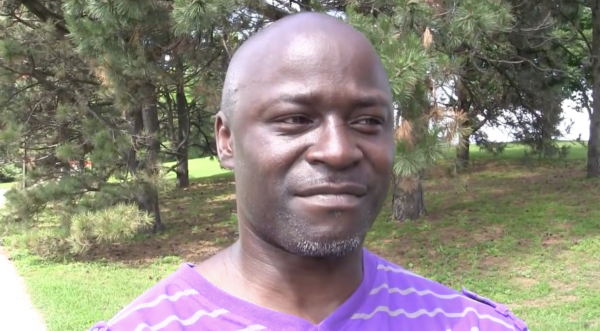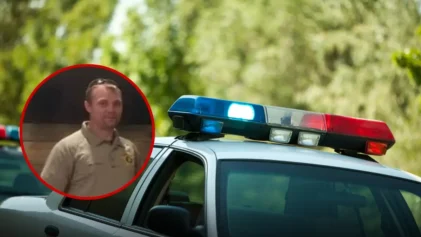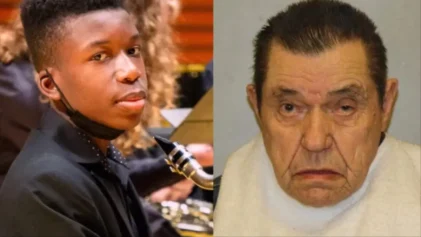When Jeffrey Lassiter and Sharon Haugabook were shot to death in November 1992 in Chicago, 17-year-old Daniel Taylor was in a police station, but still he spent two decades in prison for the crimes.
The Chicago City Council has now agreed to compensate Taylor $14.25 million for the injustice, three decades after his life was confined to prison walls. Detectives allegedly coerced a confession out of Taylor and two other teenagers who fingered him for the crime, reports show.

“I never thought I would have to go through what I went through to even receive something like this,” Taylor said.
Detectives told Taylor he could not leave their custody unless he owned up to the crimes after gleaming a flashlight in his face in a city that has been notorious for false confessions.
Taylor was in police lockup during the murders and released more than an hour after Lassiter and Haugabook were fatally shot. But prosecutors later argued at trial that the police records were inaccurate.
Two other young men who confessed to being lookouts implicated Taylor in the murders.
One of Taylor’s co-defendants was interrogated for nearly 30 hours without food and water. He was reportedly handcuffed to the wall, physically tortured and threatened with the death penalty.
A drug dealer and a police officer testified during Taylor’s trial that they saw him on the streets when he was reportedly in police custody. Taylor was convicted and sentenced to life in prison without parole in 1995.
Eight Black youth and men in total were arrested for the crimes based on confessions. Five of them were sent to state prison. All of the confessions were intertwined. In 2003, one of the others convicted admitted to the murders and cleared the seven other men of wrongdoing.
The Chicago Tribune had also interviewed an unknown witness who said Taylor was not among the killers seen leaving the murder scene. The drug dealer recanted his testimony as well.
Lawyers at the Northwestern University Law School’s Center on Wrongful Convictions filed multiple appeals on behalf of Taylor. In 2011, the 7th U.S. Circuit Court of Appeals wrote that there was “strong proof that Taylor’s participation in the crime was physically impossible.”
Taylor was not exonerated until 2013. Prosecutors said they reviewed documents and conducted interviews with additional witnesses, including a jail attendant. It was not in the “interest of justice to proceed on this matter,” they said in conceding Taylor’s innocence.
.
“The city knew Daniel was innocent back in 1992, and they fought to convict him,” Taylor’s attorney Alexa Van Brunt said. “They fought his innocence claim, and they fought his civil suit for almost nine years.”
Taylor left prison with just $41 in his pocket. Now 46 years old, he has a 7-year-old who Taylor hopes will get a better life with the multiple million-dollar award.
He believes that there are more people for whom the criminal justice system has dealt an unjust hand.
Northwestern University Law School’s Center on Wrongful Convictions said Taylor was the 34th person identified as having been wrongfully convicted based on an unreliable confession in his county. The county also dropped charges against three of Taylor’s co-defendants in the case.
“Mark my word,” he said. “I won’t be the last one to be proved innocent.”


